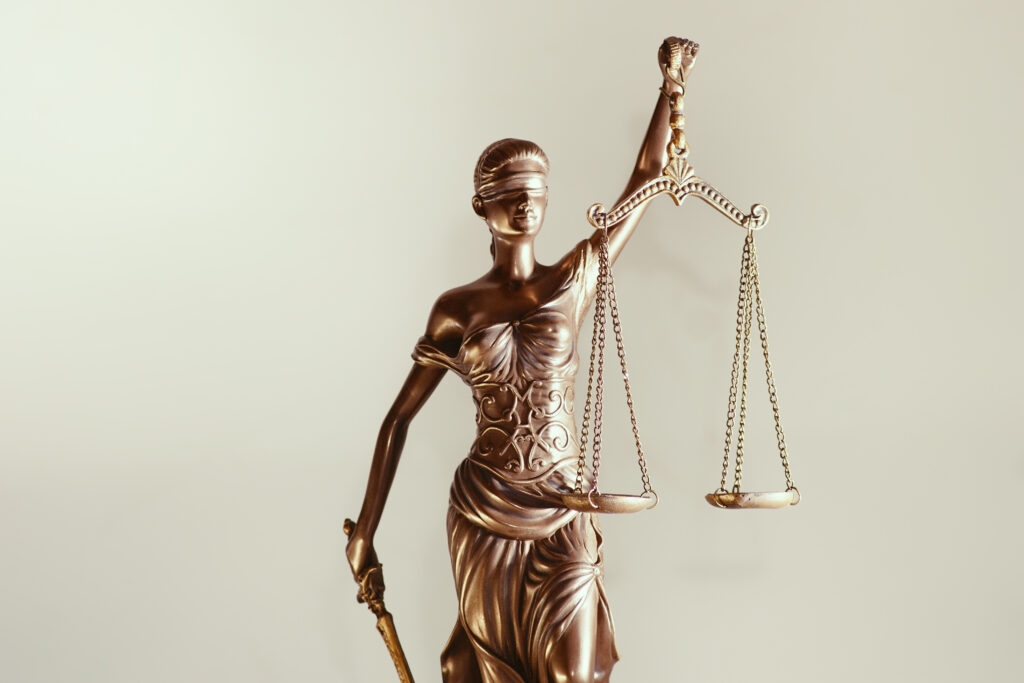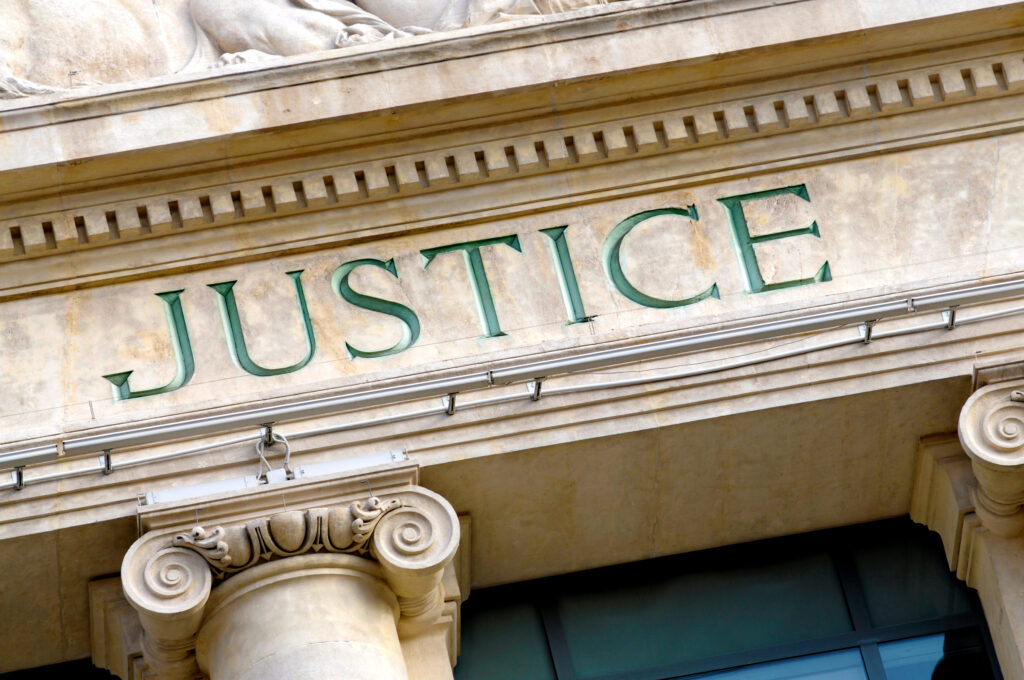The U.S. Supreme Court will consider on November 7 whether to take up the case of former Kentucky clerk Kim Davis, whose refusal to issue marriage licenses to same-sex couples after the court’s 2015 Obergefell v. Hodges decision made her a national figure in the debate over religious liberty and gay marriage.
Davis, who was briefly jailed for contempt of court after declining to issue licenses “under God’s authority,” argues that she was punished for exercising her faith and is asking the justices to revisit—or even overturn—Obergefell. The court is expected to privately discuss the case at its November 7 conference, according to SCOTUSblog.
If the justices decline review, an announcement could come as early as November 10.
A federal jury last year ordered Davis to pay $100,000 in damages to two men she refused to marry, a verdict upheld by the 6th U.S. Circuit Court of Appeals.
The appeals court found Davis was acting as a government official, not a private citizen, and therefore not entitled to First Amendment protections when she denied the marriage licenses.
Her petition has drawn a wave of amicus filings from organizations urging the high court to grant review, though for very different reasons.
A joint brief from the National Organization for Marriage and the Claremont Institute’s Center for Constitutional Jurisprudence calls Obergefell “manifestly erroneous” and urges the court to either overturn or sharply limit it, likening the case to Roe v. Wade before its reversal. The groups argue that Obergefell cut off democratic debate and led to direct conflicts with religious liberty, citing Davis’s prosecution as proof. “That kind of ‘bend the knee’ demand is not permissible in our society,” the brief says.
The Foundation for Moral Law, led by former Alabama Chief Justice Roy Moore, filed a late brief supporting neither party but urging the court to overrule Obergefellin its entirety. The filing cites Alabama’s post-2015 “constitutional crisis” as an example of the ruling’s impact on state sovereignty and religious officials, declaring that “marriage laws are a state matter, not a federal matter.”
Then-Chief Justice Moore had directed Alabama courts not to issue marriage licenses to homosexuals looking to form a union with someone of the same sex; he was subsequently suspended from the state’s high court.
Another brief from attorney David Boyle takes no side but asks the court to reconsider Obergefellto address alleged biological and child-welfare oversights. Boyle, who represented children of same-sex parents in the 2015 case, suggests alternative options such as allowing states to maintain recognition of out-of-state same-sex marriages while ending the federal mandate that every state must perform them. “Same-sex couples” children should have a legal right to a mother and father; this right is a highly compelling basis for regulating same-sex marriage,” he wrote.
Later, he added, “children do suffer in same-sex marriages, horribly, by having no mother or no father—with any attendant humiliation, stigma, injury, and gender confusion.”
“It’s not 2015 anymore,” the brief concluded, urging balance between LGBT and religious rights.








